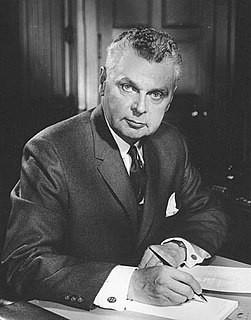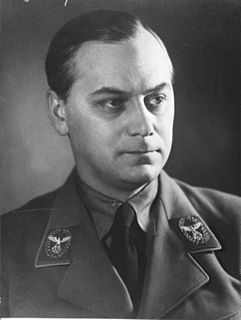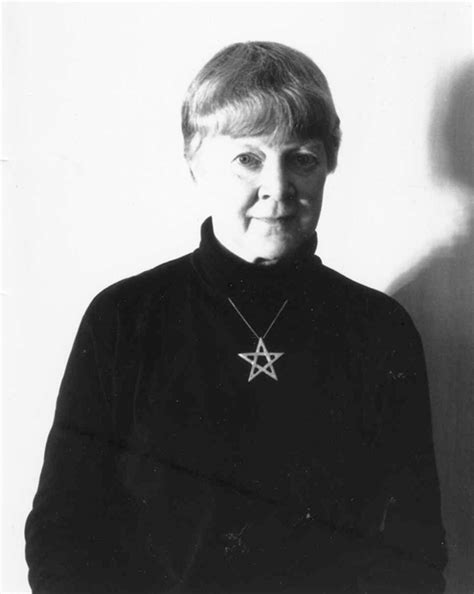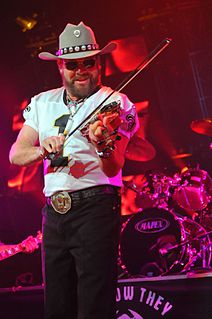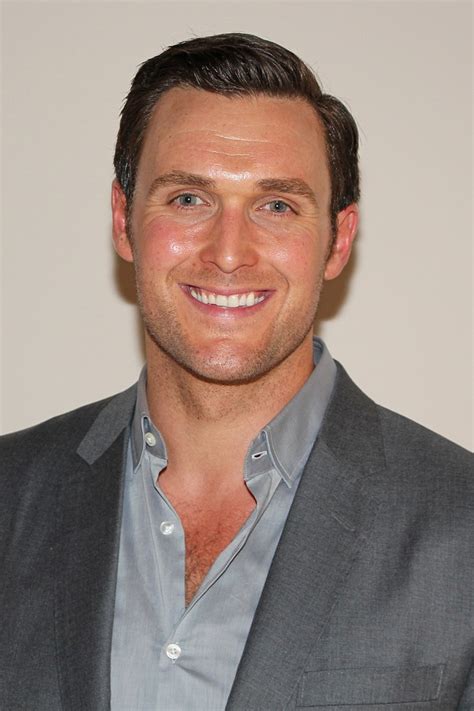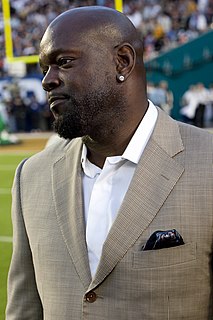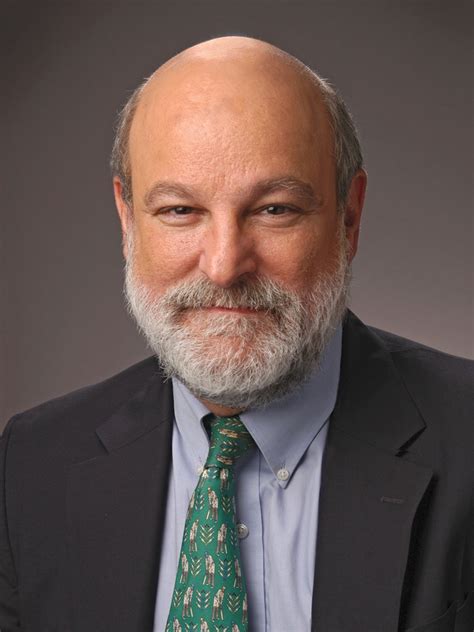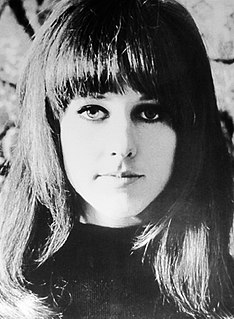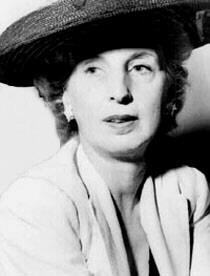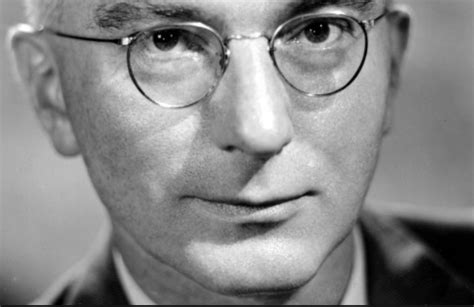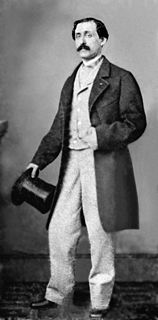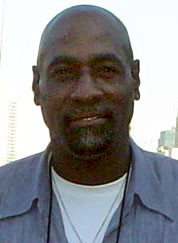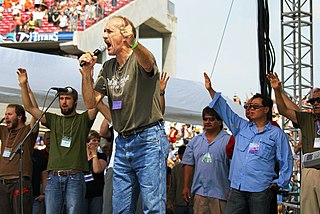Top 1200 Good History Quotes & Sayings - Page 2
Explore popular Good History quotes.
Last updated on November 14, 2024.
I feel history is more of a story than a lesson. I know this idea of presentism: this idea of constantly evoking the past to justify the present moment. A lot of people will tell you, "history is how we got here." And learning from the lessons of history. But that's imperfect. If you learn from history you can do things for all the wrong reasons.
Gunn would be an important figure-rewarding, delightful, accomplished, enduring-in the history of English-language poetry even were his life not as fascinating as it now seems; he would be an important figure in the history of gay writing and in the history of transatlantic literary relations even were his poetry not so good as it is. With his life as it was and his works as they are, he's an obvious candidate for a volume of retrospective and critical essays, and this one is first-rate.
The very fears and guilts imposed by religious training are responsible for some of history's most brutal wars, crusades, pogroms, and persecutions, including five centuries of almost unimaginable terrorism under Europe's Inquisition and the unthinkably sadistic legal murder of nearly nine million women. History doesn't say much very good about God.
True stories are always good because they're so odd, and so unlikely. It's always good to have a world that people don't know about - a world that hasn't yet been done. It's like treading on fresh snow. You're the first one there. It always feels good to be dealing with a period of history or a world that no one else has dealt with.
There is a sort of myth of History that philosophers have.... History for philosophers is some sort of great, vast continuity in which the freedom of individuals and economic or social determinations come and get entangled. When someone lays a finger on one of those great themes--continuity, the effective exercise of human liberty, how individual liberty is articulated with social determinations--when someone touches one of these three myths, these good people start crying out that History is being raped or murdered.
'London' is a gallery of sensation of impressions. It is a history of London in a thematic rather than a chronological sense with chapters of the history of smells, the history of silence, and the history of light. I have described the book as a labyrinth, and in that sense in complements my description of London itself.
History is my passion. So I write what I love to read. I find that if I combine history with a strong, sensual romance, it is like a one-two punch. The reader doesn't want the history without the romance, and of course the heavier the history, the more it has to be leavened with a sensual, all-consuming love story.
Black History is enjoying the life of our ancestors who paved the way for every African-American. No matter what color you are, the history of Blacks affected everyone; that's why we should cherish and respect Black history. Black history changed America and is continuing to change and shape our country. Black history is about everyone coming together to better themselves and America. Black history is being comfortable in your own skin no matter what color you are. Black history makes me proud of where I came from and where I am going in life.
The settler makes history and is conscious of making it. And because he constantly refers to the history of his mother country, he clearly indicates that he himself is the extension of that mother country. Thus the history which he writes is not the history of the country which he plunders but the history of his own nation in regard to all that she skims off, all that she violates and starves.
The Bible is not a book like any other. It makes a claim that God spoke and speaks through its message. It argues that as his creatures, we are accountable to him for what he has revealed. The trustworthiness of Scripture points to its authority as well. Scripture is far more than a history book, as good and trustworthy as that history is. It is a book that calls us to examine our lives and relationship to God. Beyond the fascinating history, it contains vital and life-transforming truths about God and us.
I have to throw in on a personal note that I didn't like history when I was in high school. I didn't study history when I was in college, none at all, and only started to do graduate study when my children were going to graduate school. What first intrigued me was this desire to understand my family and put it in the context of American history. That makes history so appealing and so central to what I am trying to do.
If anyone thinks they'd rather be in a different part of history, they're probably not a very good student of history. Life sucked in the old days. People knew very little, and you were likely to die at a young age of some horrible disease. You'd probably have no teeth by now. It would be particularly awful if you were a woman.
Why so many mentions regarding Jesus from such a wide variety of sources (Pliny, Tacitus, Lucian, Josephus, to name a few)? Because Jesus of Nazareth was a man of history, who made a profound impact on history. There's no good reason to doubt that Jesus existed, or to think the real Jesus was completely different from the one depicted in the Story.
We should emphasize not Negro History, but the Negro in history. What we need is not a history of selected races or nations, but the history of the world, void of national bias, race, hate, and religious prejudice. There should be no indulgence in undue eulogy of the Negro. The case of the Negro is well taken care of when it is shown how he has far influenced the development of civilization.
The introduction of the Christian religion into the world has produced an incalculable change in history. There had previously been only a history of nations--there is now a history of mankind; and the idea of an education of human nature as a whole.--an education the work of Jesus Christ Himself--is become like a compass for the historian, the key of history, and the hope of nations.
London' is a gallery of sensation of impressions. It is a history of London in a thematic rather than a chronological sense with chapters of the history of smells, the history of silence, and the history of light. I have described the book as a labyrinth, and in that sense in complements my description of London itself.
There are moments in history when a door for massive change opens, and great revolutions for good or evil spring up in the vacuum created by these openings. In these divine moments key men and women and even entire generations risk everything to become the hinge of history, the pivotal point that determines which way the door will swing.
History speaks pretty clearly that the markets do better with Democrats. Republicans' ideas of what constitutes fiscal responsibility simply are not good for the stock market. Democrats have many tendencies, but one of them is to look after the workers, and actually that tends to be good for demand and good for markets.

